Gerald Bray’s Athens and Jerusalem– Part Five 2025-04-04T10:12:08-04:00 Ben Witherington
It is a neglected but interesting fact that the portion of the Bible most commented on as the church emerged into the daylight of governmental legitimacy in the 4th and 5th centuries was indeed Gen. 1-3, as Bray points out. It is precisely the doctrine of creation, as something quite separate from the creator, which separated Biblical Theology from various sorts of pagan philosophies. But it is also what separates Biblical theology from various more recent religions for example Hinduism, where one has to deal with a theory of emanation, or even pantheism and panentheism. And it is not just that God created all that exists, the doctrine involves sayings it was all good to begin with. Evil is not a result of God’s defective handiwork (p. 59), nor is it an equal and opposite force to God in the universe. It is rather a rebellion by some of God’s creatures against the creator and against the good. “The rebellion of Satan and the resulting sin of Adam and Eve was the consequence of granting them the free will to disobey him, but it was not his intention. As an immortal creature, Satan could not die, and so he continued in existence but God made it plain to him he would not have unfettered domination over the world.” (p.60).
Then Bray enumerates the enormous philosophical consequences of the incarnation of Christ. Beside making clear that the deistic notion of a remote God not much involved in human affairs will not do. But secondly, the incarnation makes clear that evil has nothing to do with matter or materiality which in itself is good. Were that not so, the Son of God would not have taken on flesh. Sin therefore is not inherent to created human nature.
He sums up as follows: “One consequence of this is that the material world must be desacralized in our minds. The notion that divinity infuses the earth, that inert objects have some kind of spiritual power or that certain places must be recognized as ‘holy’ is a way that others are not— all these fantasies must be rejected. Doing that alters our perception of what matter is and what it is for. Modern science would not have developed in the way that it has if that principle had not been accepted, because the idea that some things are off limits to human investigation would have prevented it from doing so.” (pp. 62-63).

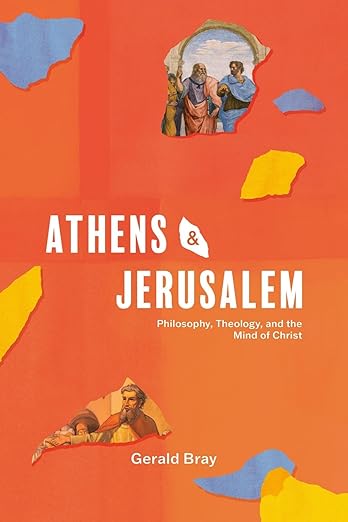


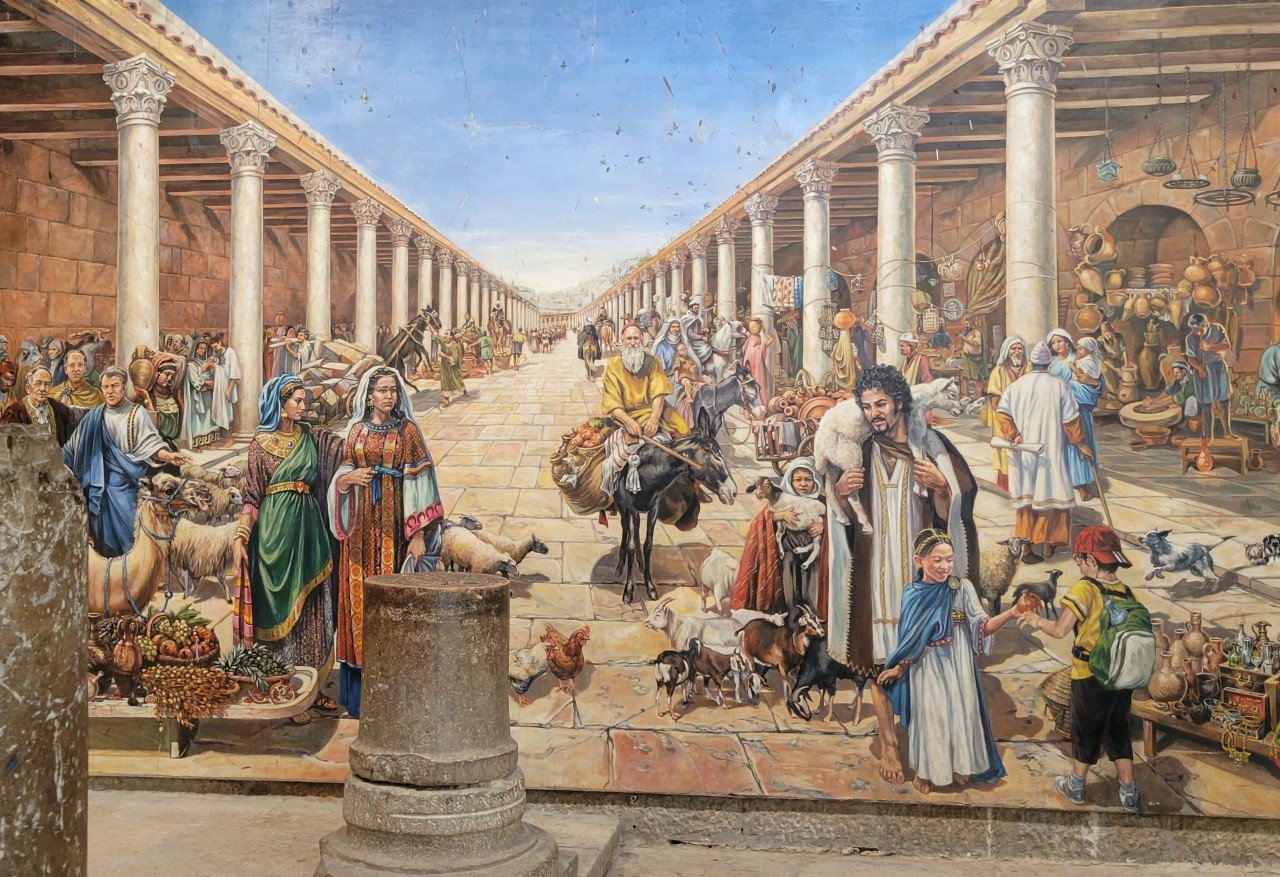
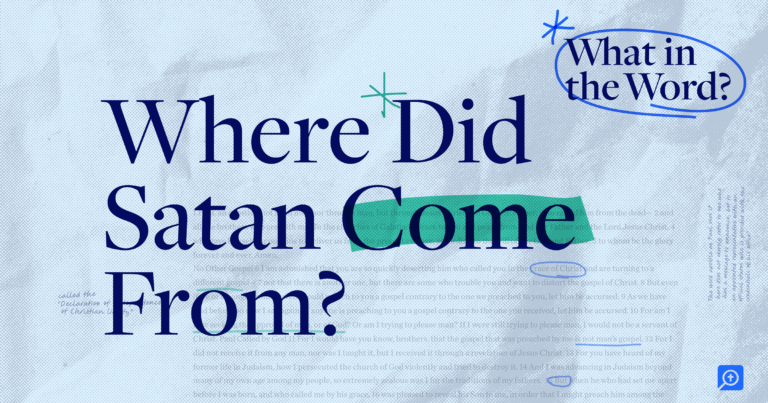
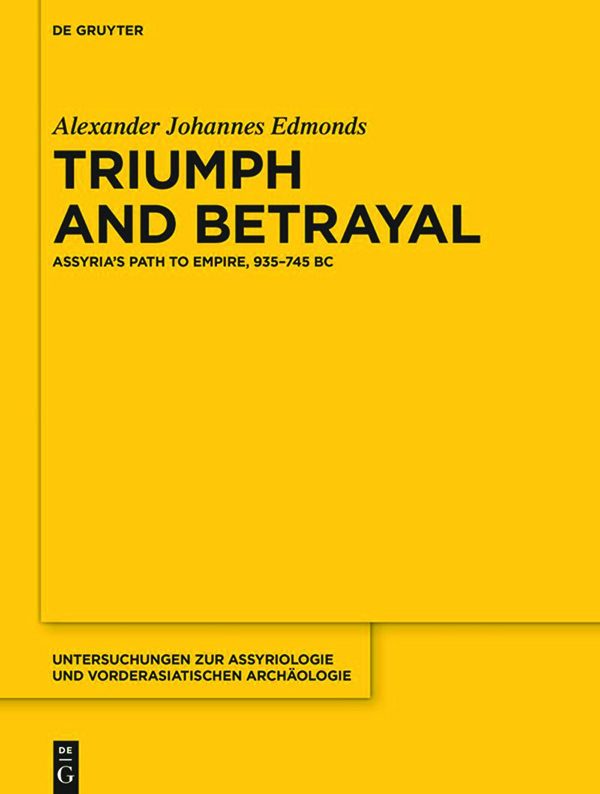
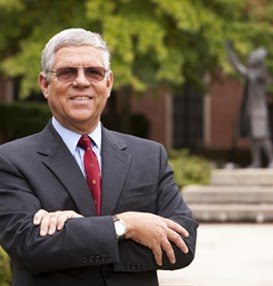




 English (US) ·
English (US) ·